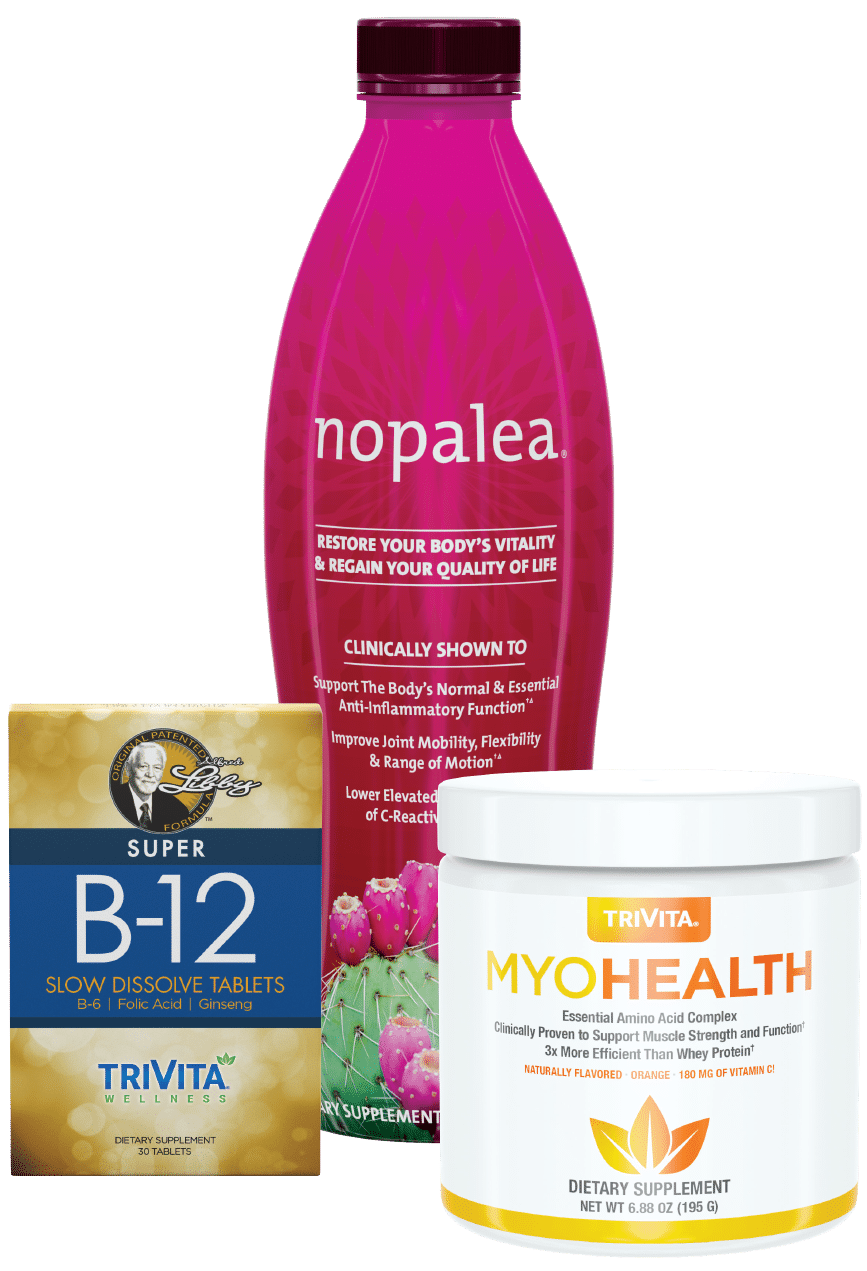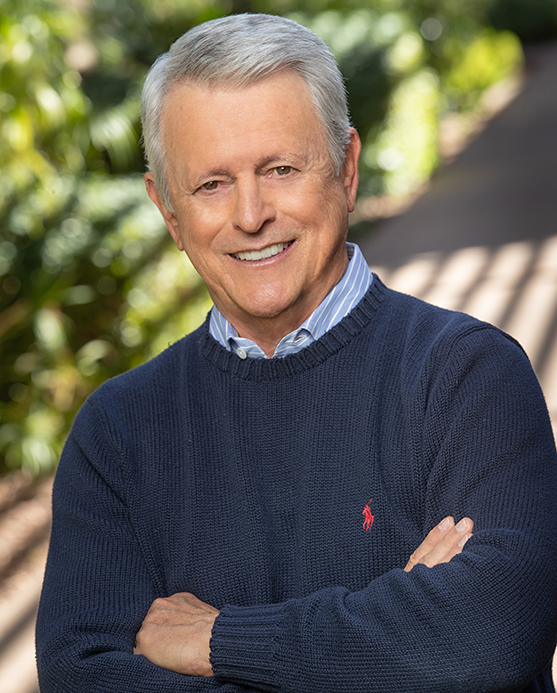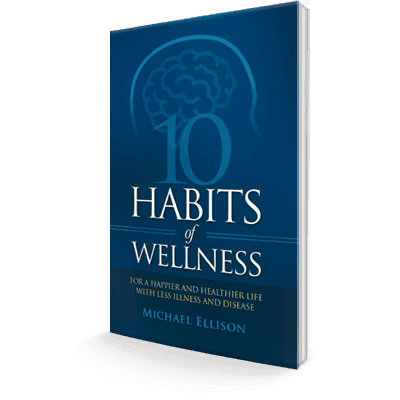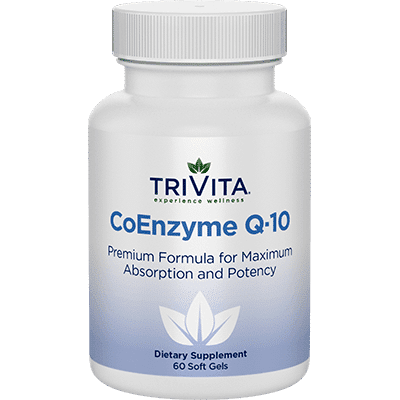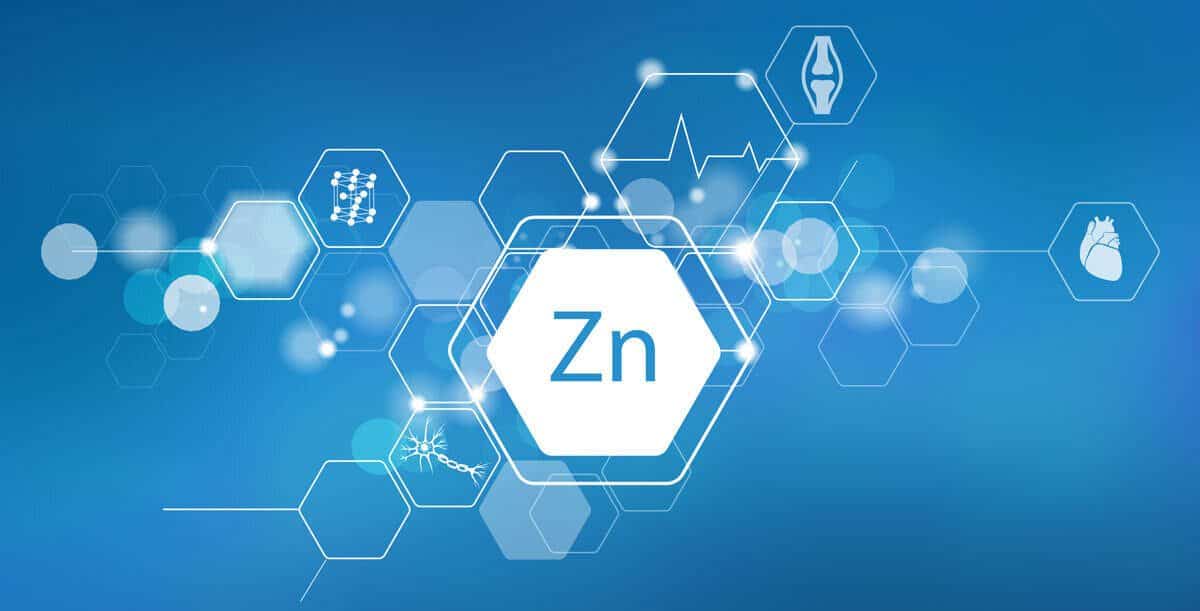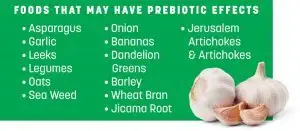When I was asked to write an article on snacking I was reluctant at first
First, I’d like to recognize the widespread misconception that snacking is a bad habit: it is not. Snacking is very much related to wellness, and wellness is very much related to weight loss. But if you’re snacking on certain “convenient,” processed foods that claim to be “healthy,” you could find yourself stuck at a certain weight—or even gaining weight. This is not your fault.
To understand how “sneaky” snacks might be undermining your weight loss efforts, we need to look at our world, today and yesterday.
Fast lane, fast food
Our Western culture is characterized by fast pace and productivity. Living in this fast lane, it is just part of life to sometimes feel tired, hungry and/or stressed out. And when we feel this way, it is natural to want to eat something as a snack. Even when we are just bored, we often reach for food. The problem? There are pre-packaged, easy-to-eat snacks everywhere, loaded with sugar, salt and/or fat. Some of them even masquerade as “healthy” snacks, luring you with claims of “low-fat,” or “less sugar,” but most are not healthy at all.
How has this happened? It all goes back to the early 1980s, when the U.S. Department of Agriculture (USDA) launched a campaign to reduce fat in the daily diet due to the risk of heart disease. As a result, the recommended percentage of our dietary fat intake decreased, from 40% down to 30%. The food industry, which is a trillion-dollar business, immediately jumped on the low-fat bandwagon. We started to find store aisles packed with items like chips, cheese puffs, ice cream and cupcakes, with labels proclaiming “Low-fat!” or “Reduced fat!”
48 ways to disguise sugar
Despite their “shimmer of health,” these snacks are loaded with sugar. The sugar is simply disguised under many different names, such as high fructose corn syrup, sucrose, fructose, glucose, evaporated cane juice and so on, forming 48 different names for sugar. The food industry does this on purpose
So, we’re unwittingly eating too much sugar. It’s a key reason why Americans, on average, weigh 25 pounds more now than a generation ago. Yes, processed sugar is a specific metabolic toxin, and it contributes to a range of health problems, including obesity, diabetes, high blood fat and high blood pressure.

Read food labels very carefully
The obvious question is, “What are healthy snacks?” You can probably guess my first answer: fruits and vegetables. But if you do choose a pre-packaged snack, please read the label carefully. If the list of ingredients is too long, chances are the snack is loaded with sugar or salt and other chemicals. As a rule of thumb, a healthier snack has a shorter list of ingredients. If you’re not familiar with an ingredient, look it up: chances are it’s a chemical that you’d be better off without.
Be aware, too, of label ingredients such as enriched wheat flour, soy, corn and certain artificial colors. Enriched wheat flour has some of its grain stripped out and replaced with chemicals, so it’s a processed food. Soy or corn on a label in North America has likely been genetically modified. Artificial colors like Red #40 have been linked with behavioral issues and learning disabilities, which is why these artificial colors have been banned in other countries.
Many chemicals are hidden under fancy acronyms, which mean nothing to most people. For example, butylated hydroxytoluene (BHT) has been associated with cancer and DNA damage. The real reason it is in snack food is to preserve freshness. Aspartame is another artificial sweetener that is already banned in many countries due to its neuro-toxicity (damage to the brain and nervous system), but still widely used in North America.
The lesson in snack foods, as in so many areas, is to be an educated consumer. Don’t fall for ads, labels and packaging that make something appear to be good for you and your waistline—they may be actually disguising a product that’s full of chemicals (some possibly dangerous), and full of calories.
If you’ve been eating “sneaky“ snacks that are keeping you from losing weight, it’s not your fault that you’re not losing pounds, or even watching the scale go up. But now that you know the potential pitfalls of snacking, it’s your responsibility to read those labels carefully.
This article is intended for educational purposes only.

About Jarir Nakouzi, MD
Jarir Nakouzi, M.D., completed his U.S. residency in the Yale University

